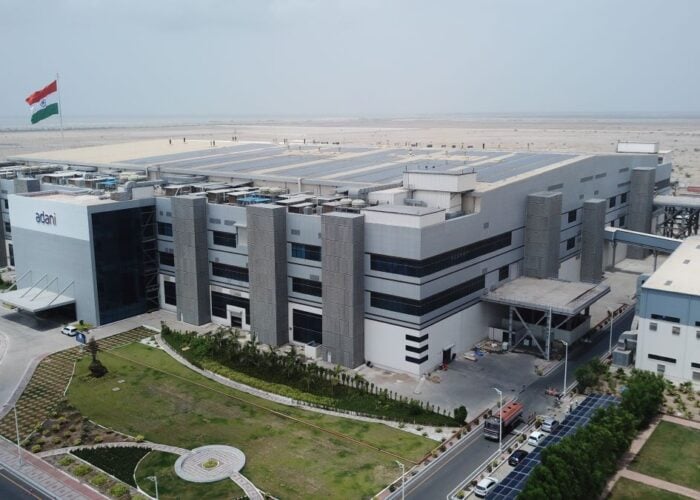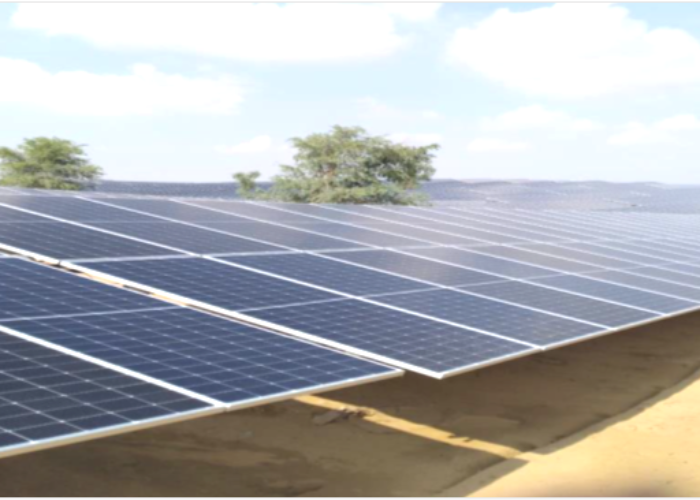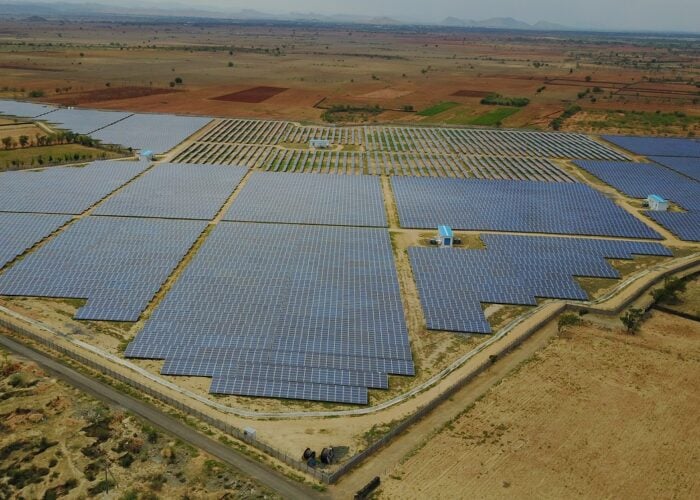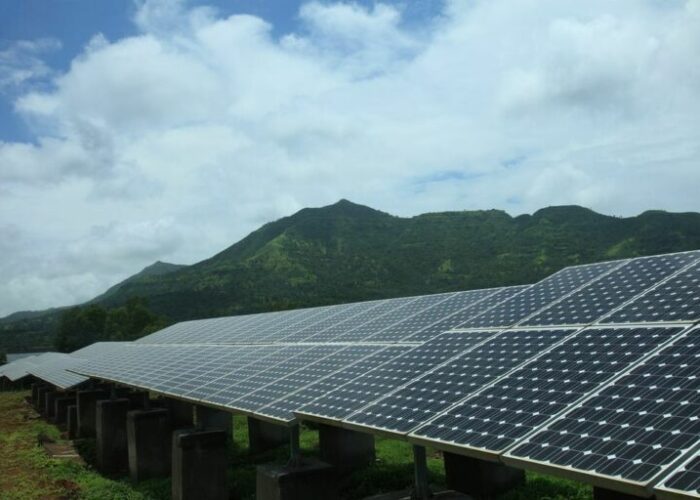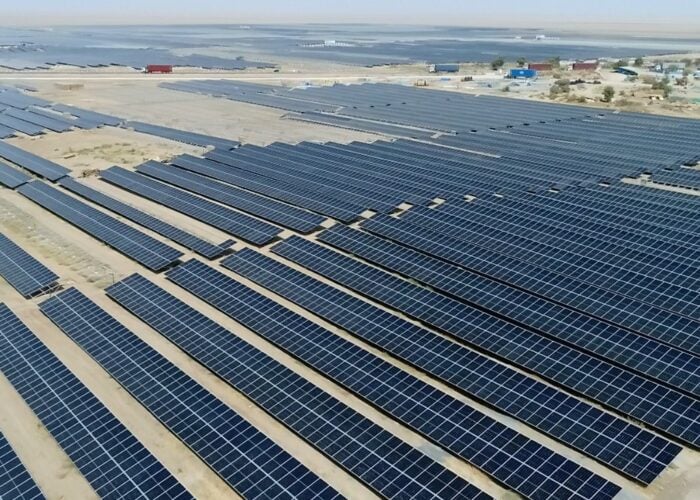
Bridge to India founder Tobias Engelmeier spent the last few days in Paris for the COP21 Climate Conference following the various discussions on the future of energy. Here are his thoughts and take-aways from his latest blog:
1. The overall mood is positive. This is, of course, partially with respect to the relatively low expectations. No one thinks that there will be a sufficiently robust agreement to stay below 2 or even 1.5 degrees. The value of an underperforming agreement over no agreement is that it sets a minimum baseline from which targets can be improved and it sets the tone and direction for future discussions and private sector investment decisions.
Unlock unlimited access for 12 whole months of distinctive global analysis
Photovoltaics International is now included.
- Regular insight and analysis of the industry’s biggest developments
- In-depth interviews with the industry’s leading figures
- Unlimited digital access to the PV Tech Power journal catalogue
- Unlimited digital access to the Photovoltaics International journal catalogue
- Access to more than 1,000 technical papers
- Discounts on Solar Media’s portfolio of events, in-person and virtual
2. Many countries see an energy transition as an opportunity rather than a sacrifice. This changes the dynamics entirely. In the medium term (10 years plus), transitioning to a low carbon energy system is a sound investment case for a majority of countries. A challenge remains the capital requirements for building new infrastructure in general, especially for developing countries. This challenge is, however, increasingly independent of low vs. high carbon options. Numbers I heard on a global level were: US$90 trillion needed by 2030 for new infrastructure under the current energy mix vs $94 trillion for a low carbon infrastructure. Add to that the fuel savings and the case is clearly in favour of low carbon (renewables and energy efficiency). There is a strong realisation that this transition is coming anyway – driven by technology advances and commercial drivers – and that there are early mover advantages for economies taking the lead in terms of growth and jobs.
3. The developing / developed country divide is misleading. There is, of course, a discussion about money and historical justice and it is entirely understandable that developing countries want to hold developed countries to their word and get as much financial assistance as possible. This is a rational negotiation strategy. However, it is a side-show. If a low carbon energy system makes sense and there is an early mover advantage, the future choices of developing countries will be driven by that, not by financial assistance packages. The real question, in my mind, is: which countries are confident that they can be winners of this global mega-trend? The US believes it can be, because of a strong tradition of entrepreneurship, innovation and efficient financial markets. So do many European countries who believe they have a technological edge, relevant experience and a number of the key industrial companies. China believes it can be the manufacturing base for a global solar and wind boom. Poor countries might fear that they will be dependent on foreign technology and imports. India is sitting on the fence. I think it should now muster the self-confidence to become a global leader in future energy solutions – it has a vast captive market, the IT skills (big data will be key), the entrepreneurship and the technology companies.
4. Business is, broadly, on board. A majority of business leaders sees an energy transition as an enormous opportunity. A lot of the high tech component suppliers and system integrators (like ABB, Siemens, GE, Schneider, etc) are readjusting their business in that direction and favour a carbon price which would push their energy efficiency, gas and renewables/storage solutions. Silicon Valley representatives (Google, Facebook, Tesla, etc.) are on a different plane altogether. They believe in their potential to simply disrupt and reinvent the energy future. In their eyes change is great and the more change, the more opportunity for them. The utilities I met (CLP, RWE, ENEL, EDF) seem to accept that their current business models and assets are in grave danger and have come around to a grudging acceptance of the new realities. What they now want is at least predictability in the transition process. “Tough rules are fine – and better than unclear rules” is how one of them put it. They also want the process to be slow enough to allow them to adapt. Not sure this wish will be granted. Who didn't get the memo, yet? The oil companies. They don't see their business model fundamentally threatened. Also, they have a problem of size. A company like Total, for instance, has revenues of over $200 billion from their traditional oil and gas business. They are also one of the largest players in solar (a hedging strategy) through their company SunPower with an annual revenue of $3 billion. The gap between 3 and 200 is simply too large. How can a company transition from old to new without having to hugely downsize its business? It is something few shareholders are willing to accept.
5. Finance and consumers are driving business to go green. Large, global investors increasingly view fossil fuel assets as inconsistent with their investment norms and fraught with risks (future prices of fossil fuels, future carbon price, “stranded assets”). At the same time many consumers are asking for green solutions. Facebook and Google, for instance, mentioned that they are driven by their customers to use green power, which in turn, they ask of their utilities to provide (“and if they can't provide it, we will find other ways”, said the Facebook Sustainability head). Few, however, would go as far as the outdoor clothing company Patagonia which ran a campaign saying “Don't buy this jacket, if you don't need it”.
This is Part I of Engelmeier's conclusions from COP21. More to Follow.

